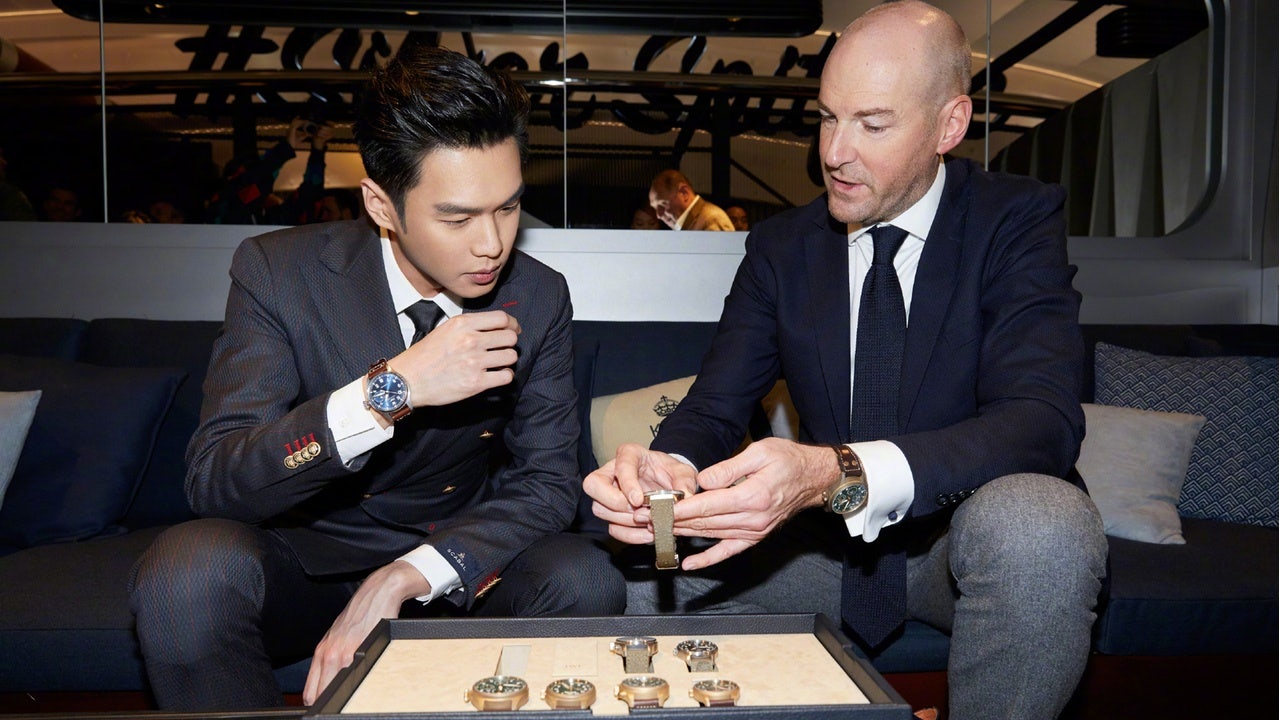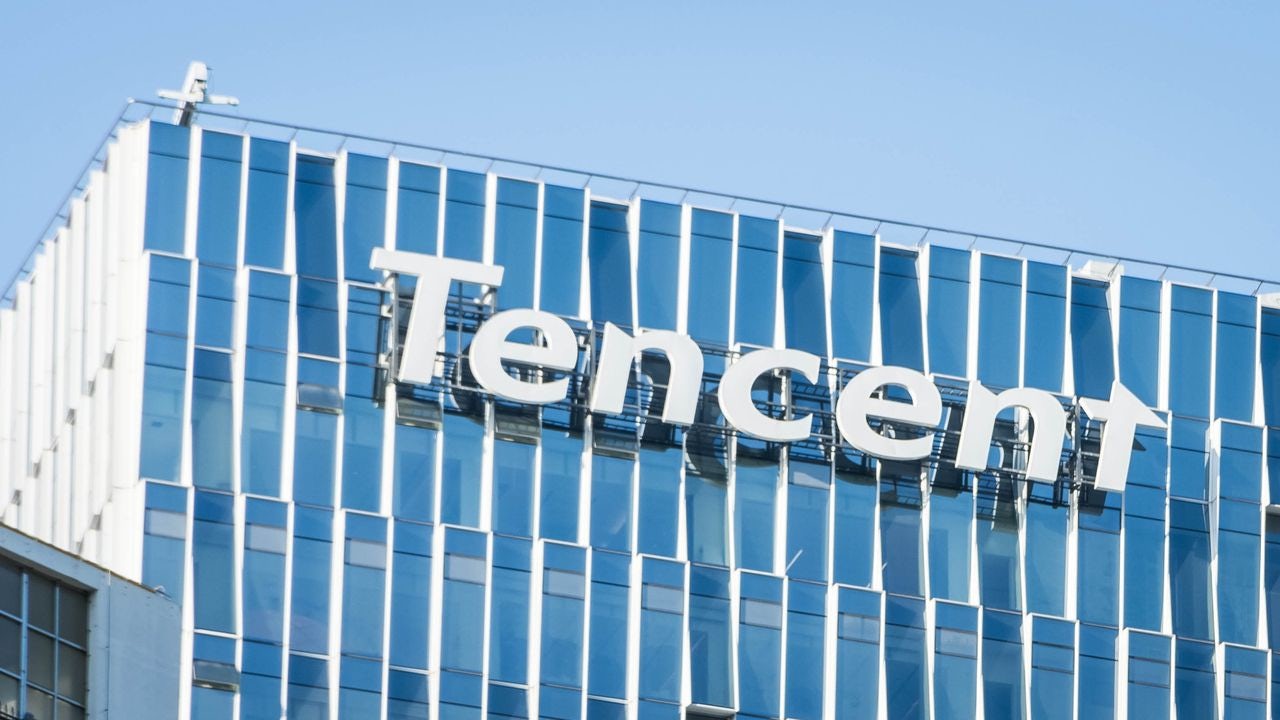What happened
China’s well-to-dos could be looking less well off in the future. At a finance meeting on August 17, Chinese President Xi Jinping called for a “reasonable adjustment of excessive incomes” and encouraged wealthy groups and businesses to give more to society. He also emphasized the importance of “common prosperity,” defined as neither “the prosperity of a few people, nor is it uniform egalitarianism” but rather the creation of more fair and inclusive conditions to expand the middle class.
This comes as China’s income inequality continues to rise, with the top 20 percent making more than 10 times that of the poorest 20 percent in 2020. In fact, Greater China now houses the most billionaires worldwide according to the Hurun Global Rich List 2021, with 1,058 individuals in the three-commas club. As such, authorities have taken drastic measures to address this disparity, from cracking down on the tech giants and their billionaire founders to even targeting the extensive after-school private tutoring sector.
The Jing Take
Calls for wealth redistribution are never great for the affluent. Although Xi’s pledge for moderate prosperity is not new, the recent crackdowns on private businesses and wealth flaunting give this more weight, especially as the leader gears up for a third term in 2022. Now, potentially raising taxes on high-income groups and capital returns may curb investment and hurt the country’s economy, which has already shown signs of weakness given the rising unemployment rates, growing debt risks, and new cases of COVID-19.
But for global luxury brands in China, it’s still too early to worry. Whether it’s dealing with a pandemic or anti-corruption campaigns, luxury spending has always bounced back, indicating the resilience of China’s rich. Plus, curbing “excessive” incomes would still leave these individuals far richer than most; if anything, luxury purchases would just be less conspicuous. Moreover, plans to grow the middle class could actually be good for brands, who can start targeting this segment as they climb up the ladder.
The Jing Take reports on a piece of the leading news and presents our editorial team’s analysis of the key implications for the luxury industry. In the recurring column, we analyze everything from product drops and mergers to heated debate sprouting on Chinese social media.


